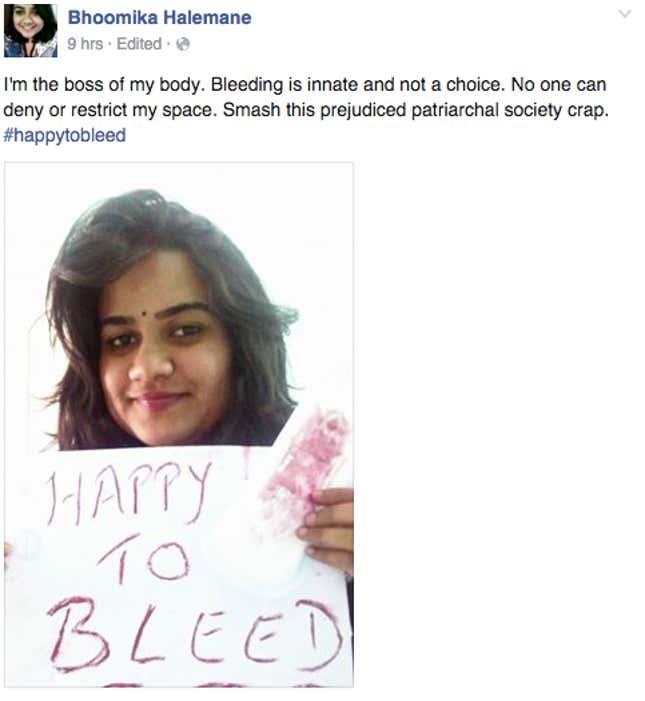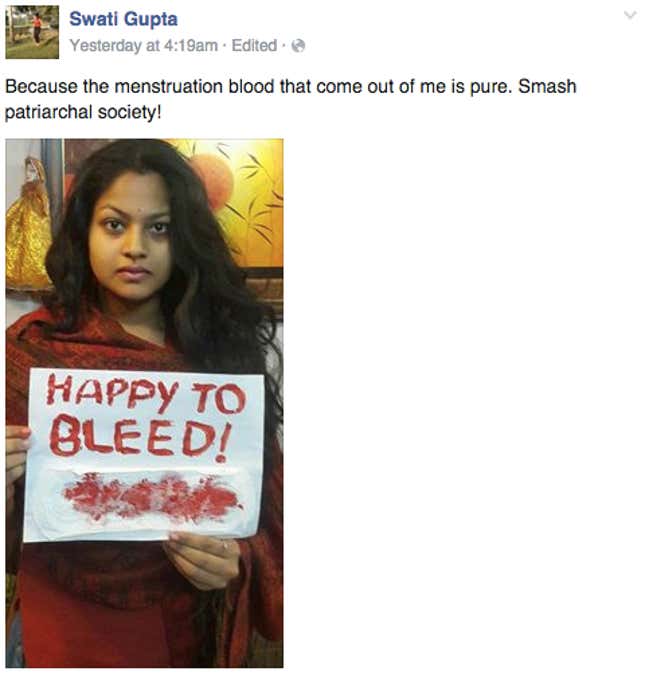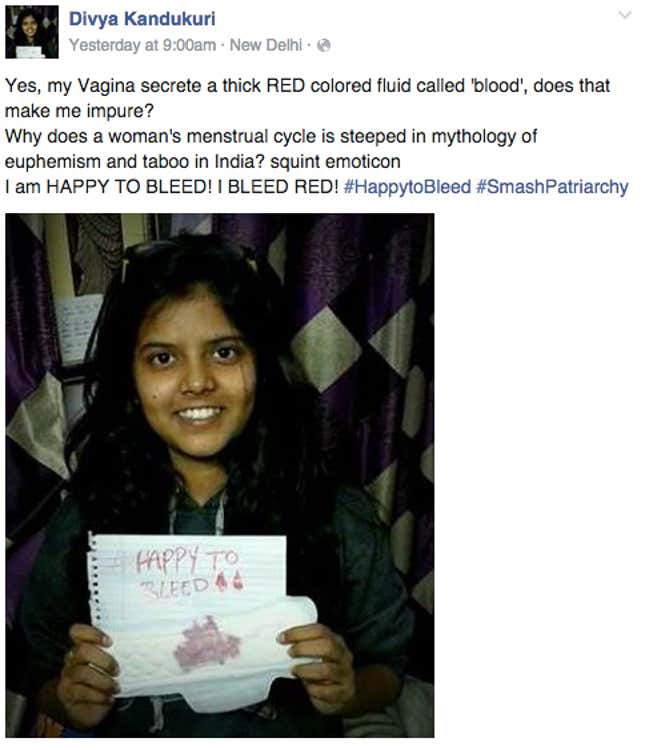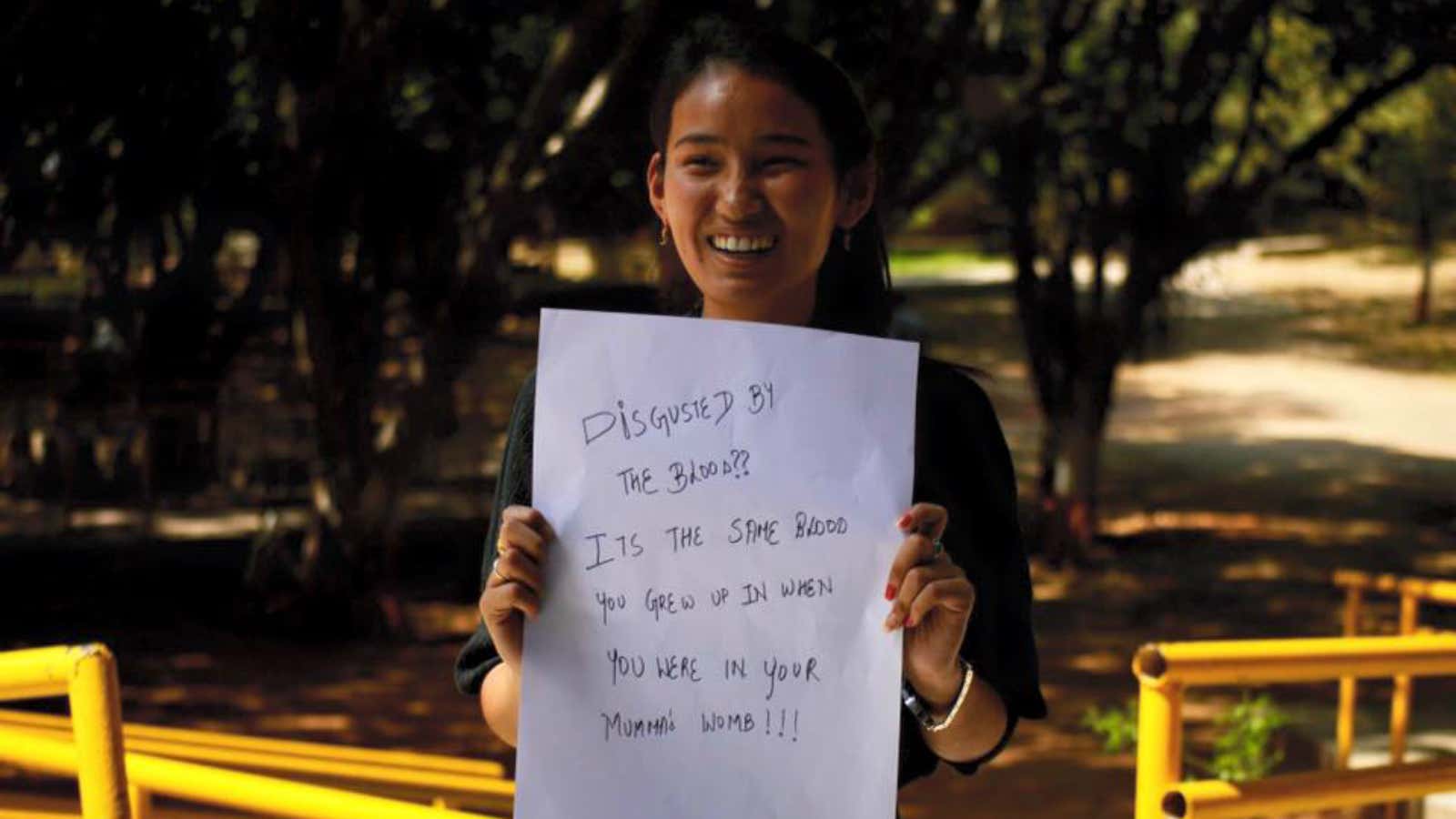Last week, a Hindu administrator of one of the most revered Indian temples said that he would allow women to enter the shrine if there was a way to ascertain they were not menstruating.
“There will be a day when a machine is invented to scan if it is the right time for a woman to enter the temple,” Prayar Gopalakrishnan, head of the board that overlooks the Sabarimala temple in Kerala, told the media.
Sabarimala temple—like many others in India—openly forbids entry of menstruating women. And a majority of women still follow these restrictions, rooted in the belief that they are impure during their monthly cycles. Apart from entry into temples, they are forbidden from cooking, sleeping in the same beds as their husbands, watering plants, or touching pickle jars.
But Sabarimala temple takes things a step further. Ensuring no risk of its rules being broken, it bars entry of every woman between 10 and 50 years of age—whether they are menstruating or not. Only women who don’t fall in this age group are “permitted to climb up the hills to Sabarimala,” according to the temple’s website.
But a group of Indian women has decided that Gopalakrishnan’s statement and the temple’s practices demanded a response.
On Nov. 20, Nikita Azad, a 20-year-old student, started a campaign to “protest against patriarchy and gender discriminatory practices prevalent in our society.” During this ongoing week-long national campaign, women are sharing selfies and messages on Facebook and Twitter, with the hashtags #HappyToBleed and #SmashPatriarchy.
“We have started a campaign, #HappyToBleed, as a form of resistance against patriarchal beliefs about menstruation, and chauvinist notions that consider women the property of men, or society,” Azad wrote on the Facebook page for Feminism in India.
And women have come out in support on both Facebook and Twitter.



We welcome your comments at ideas.india@qz.com.
